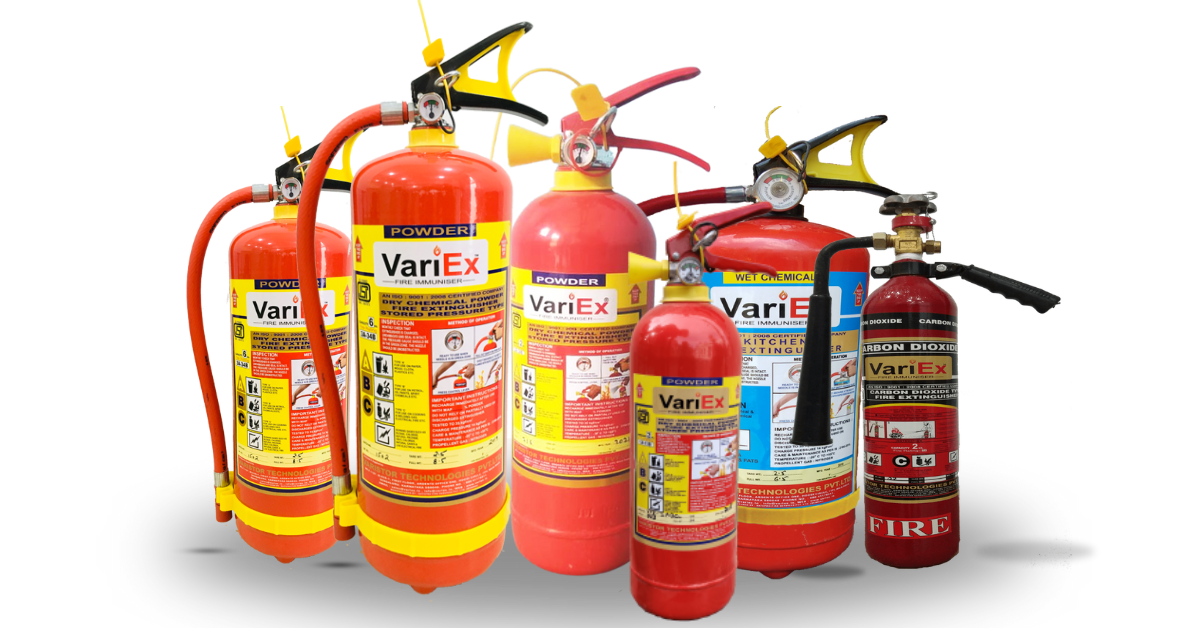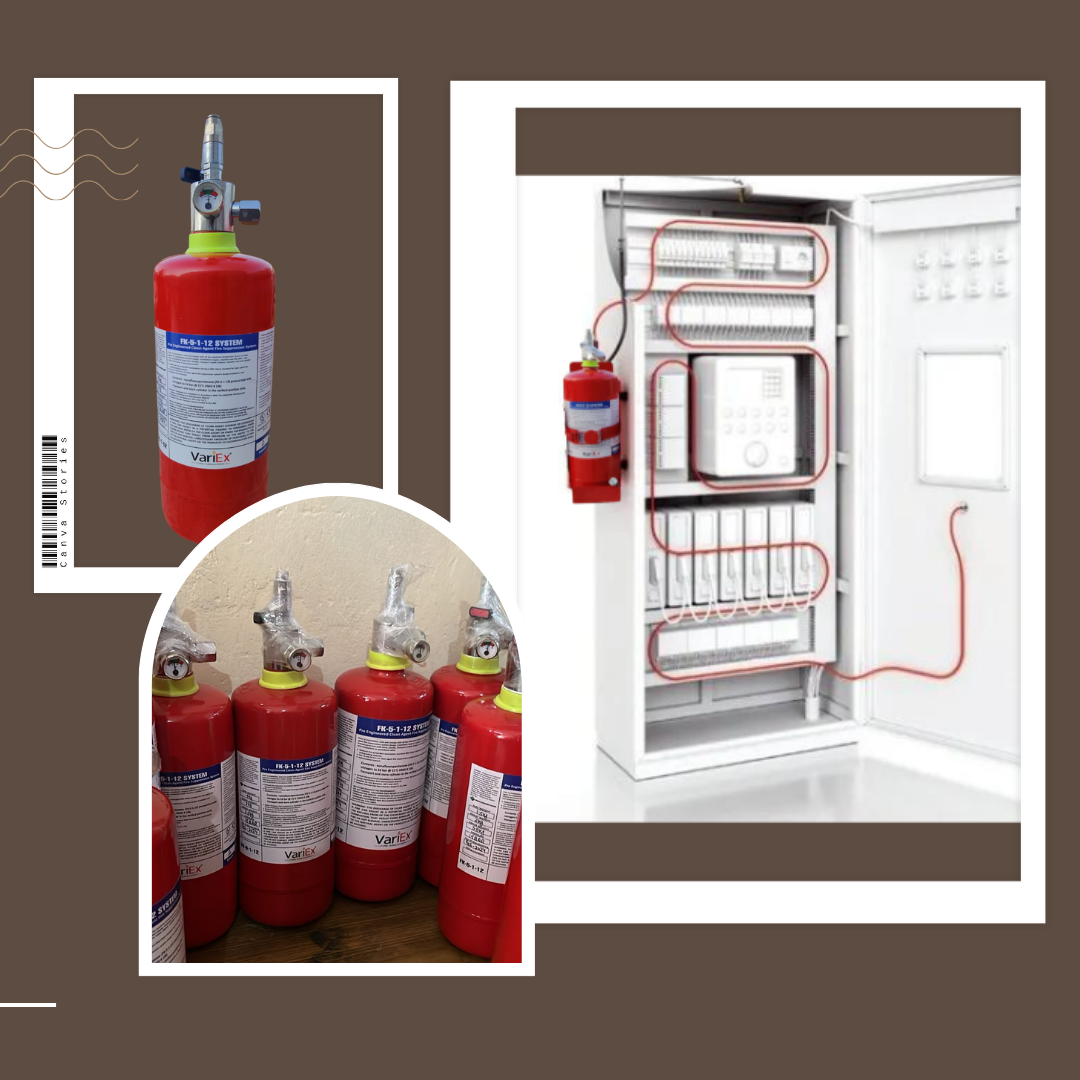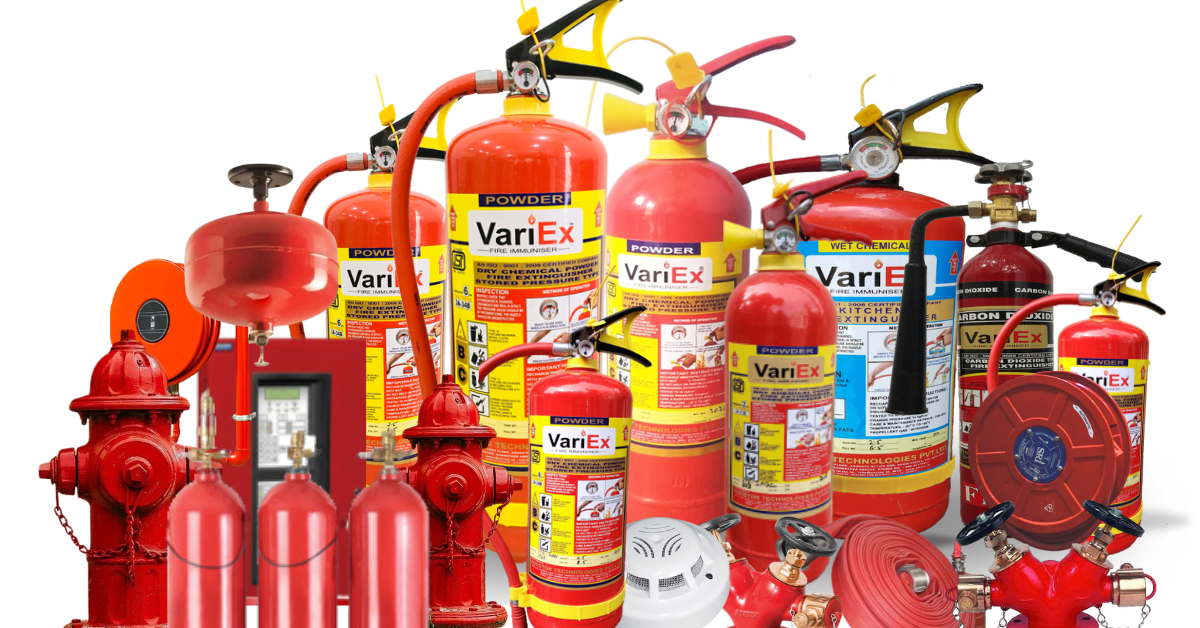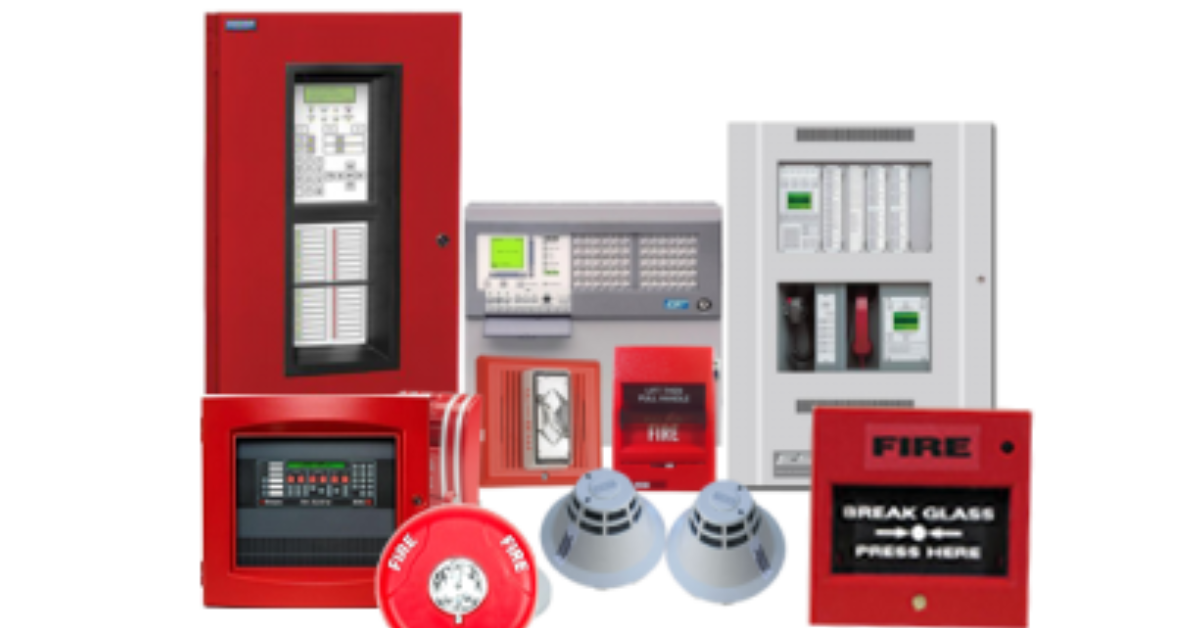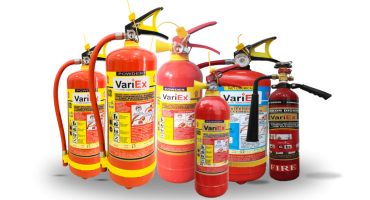![]()
Fire Immuniser
+91-7829629111
Email: info@variex.in
Varistor Technologies Pvt. Ltd.
Block-1, First Floor, Ardente Office One, Hoodi Circle, ITPL Main Road, Bengaluru, Karnataka 560048, IN
What Is Fire Detection And Alarm System
What Is Fire Detection And Alarm System
In today's technologically advanced era, fire detection and alarm systems play a vital role in preserving and protecting life and property from the devastating impacts of fire. These systems are designed to recognize the undesirable eventuality of fire, alert individuals, and, at times, initiate protective mechanisms. By pinpointing the location of a fire, these systems are able to control its implications and provide invaluable time for safe evacuation. This article aims to shed light on what fire detection and alarm systems are, their critical components, operational mechanisms, and their tremendous significance in modern society.
Understanding Fire Detection and Alarm Systems
Fire detection and alarm systems are designed to discover fires early in their development when times is of the utmost essence. These prompt warning systems allow occupants to leave the building before the escalation of smoke and flames. In business environments, these systems provide an additional function of signaling fire department personnel about ongoing fires. Essentially, fire detection and alarm systems span an extensive range of designs, but are typically simple systems with detection capabilities or complex network-based systems incorporated into building management systems.
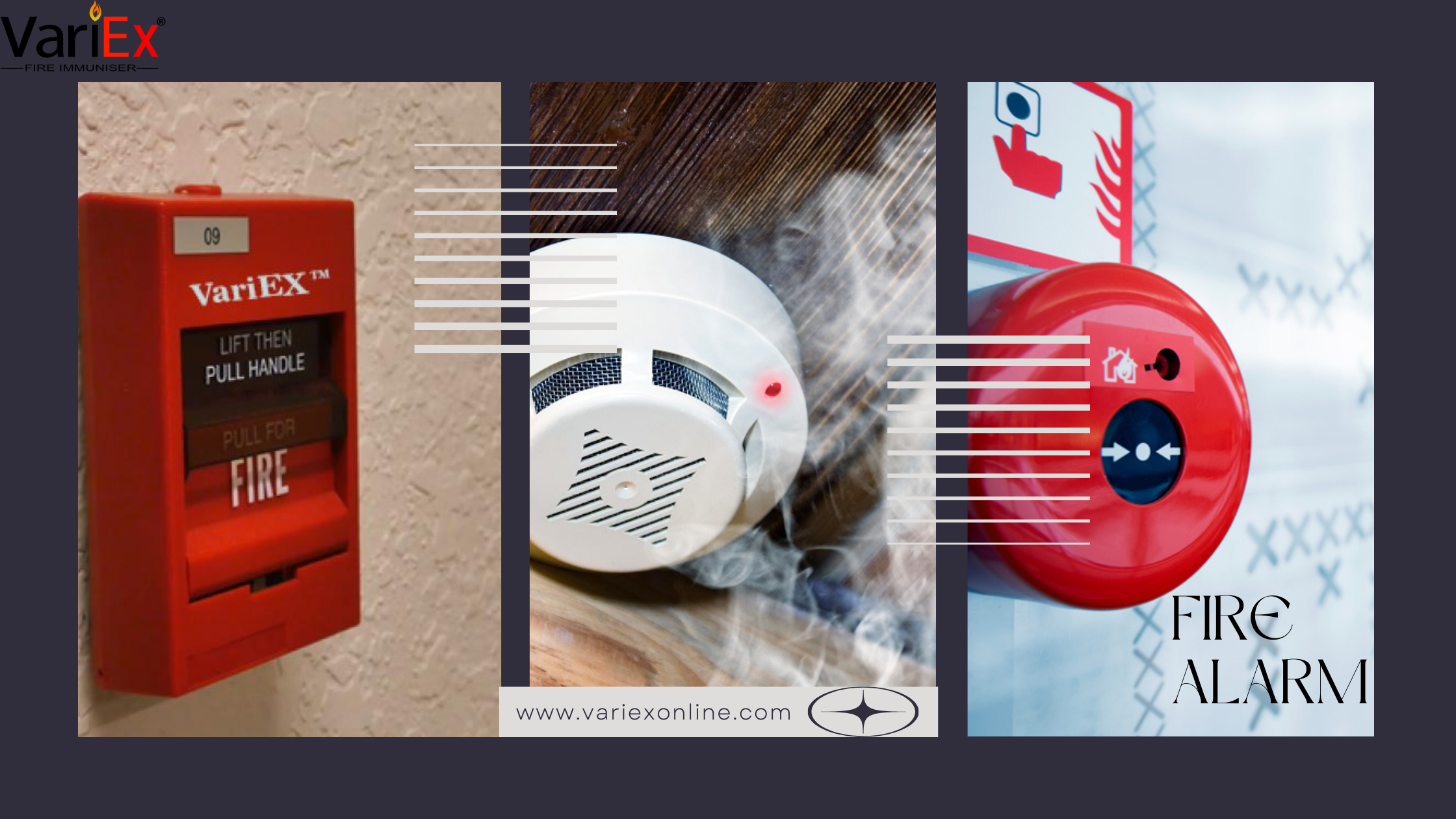 Key Components of Fire Detection and Alarm Systems
Key Components of Fire Detection and Alarm Systems
Fire detection and alarm systems comprise certain critical parts which are necessary for their effective operation. These include detectors, alarm initiating devices, alarm notification appliances, control units, power supplies, and wiring. Detectors are designed to sense phenomena associated with fires, such as smoke, heat, and flame. Alarm initiating devices like manual pull stations serve as an alert for occupants to trigger an alarm in case a fire is noticed. Alarm notification appliances, such as bells, horns or strobes, indicate the presence of a fire, enabling prompt response and evacuation. Control units are the brains of the system, receiving the input signals, processing the information and triggering the alarms. Power supplies alongside the wiring facilitate the transfer of signals between the various components of the system.
Different Types of Fire Detectors
There are essentially two types of detectors, namely heat and smoke detectors, each with its own unique mode of operation. Heat detectors respond to the convected thermal energy in a room or area of a building. These detectors are typically used in environments where smoke detectors are not suitable, like industries with high dust content. Smoke detectors, on the other hand, detect the presence of smoke particles in the air, hinting towards a fire. These detectors work on photoelectric or ionization principles and are widely used in residential and commercial settings due to their high sensitivity towards smoldering fires.
Working Mechanism of Fire Detection and Alarm Systems
Regardless of their complexity, all fire detection and alarm systems function on the same basic principle. They continuously monitor the environment for signs of fire, such as rapid increases in temperature or smoke. When such an event is detected, the initiating device sends a signal to the control panel. The control panel, having evaluated the significance of the signal, then triggers the necessary output devices such as alarm sounders or communication equipment to the fire department. It is this fundamental efficacy that helps ensure quick reaction times during a fire-related incidence.
Importance of Fire Detection and Alarm Systems
The importance of these systems cannot be overstated. They save lives, protect property, and assist firefighters by directing them to the location of the fire. Commercial, residential, and industrial sectors hugely benefit from these systems. Early fire detection and response can significantly reduce the damaging impacts of fire. Additionally, the prompt warning provided by the alarm system enables occupants to evacuate the premises safely and provides critical time for the fire department to reach the site. Thus, contributing to enhanced safety and reduced loss of life and property damage.
Conclusion
Ultimately, fire detection and alarm systems offer a fundamental protective measure against the unpredictable and devastating occurrence of fire. They facilitate early detection, provide a prompt warning to occupants, and guarantee a swift response from firefighting services. Meeting legal regulations as well as insurance requirements, these systems also ensure peace of mind for occupants and owners alike. Hence, these systems are an indispensable component of the safety measures that need to be adopted in every building. Investing in a robust fire detection and alarm system certainly renders a sense of security and protection from the dire threat posed by fire.
Explore our products Range
Final Say
At VariEx.in and VariexOnline.com, we specialize in supplying and installing top-quality fire fighting systems and equipment. From fire extinguishers to advanced suppression systems, we offer comprehensive solutions tailored to your needs. Our experienced team ensures precise installation and maintenance for optimal safety.
Trust VariEx for reliable fire protection. Contact us online or call 7829629111 to learn more.





